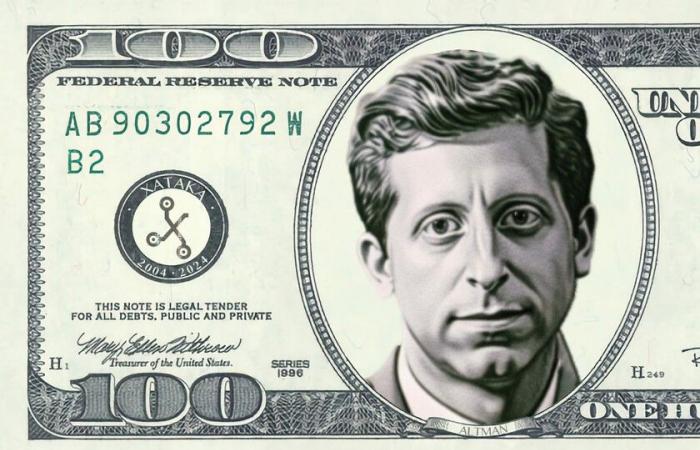
OpenAI would move from promoting “friendly” AI to strengthening its commercial approach, paving the way for an IPO
OpenAI CEO and co-founder Sam Altman has revealed to some of the company’s shareholders that he is considering changing its governance structure to become a for-profit company, according to The Information.
That is to say… that it is not controlled by its current, non-profit board.
Because it is important. This strategic shift would consolidate a radical change in OpenAI’s model and philosophy. The startupvalued at about $86 billion, was originally established as a non-profit entity to “promote and develop friendly AI that benefits all humanity”, something that began to be questioned after the success of ChatGPT.
The keys to transformation.
- OpenAI has a hybrid structure: a non-profit parent company (OpenAI Inc.) controls several subsidiaries for commercial purposes… but with a cap on the distribution of profits to investors.
- Altman has told the board that one option he is considering is becoming a B Corp, a model used by rivals such as Anthropic and xAI.
- This would allow OpenAI to pursue unlimited benefits while maintaining a social purpose, but without control by the current board.
- It would also pave the way for a possible IPO.
As he says The Informationthe conversations are still open and the outcome could be different.
The context. OpenAI was launched in 2015 as a non-profit entity, with the backing of figures such as Elon Musk, who later left due to disagreements over strategy. In 2019, it created a profit-capped subsidiary (OpenAI LP) and received a $1 billion investment from Microsoft to develop its technology.
The success of ChatGPT in late 2022 skyrocketed OpenAI’s value and commercial interest. Microsoft soon expanded its investment with another 10 billion. Criticism arose for having deviated from its original mission, “democratizing AI”, to prioritize profit.
The changes at the top. Altman recently reshuffled the council, bringing in himself to oversee himself and allies like Sue Desmond-Hellmann, the former CEO of the Gates Foundation. He also named Paul Nakasone, former director of the NSA.
In perspective. OpenAI’s possible pivot towards a purely commercial model marks a turning point for a company that was born with the promise of putting AI at the service of the common good.
While maintaining a charitable focus in an ultra-competitive environment is becoming increasingly difficult, some fear that pursuing unlimited profits will lead the company away from its founding principles. The struggle between idealism and pragmatism will define the course of the great protagonist of generative AI.
In Xataka | Altman is repeating Zuckerberg’s story and his “move fast and break things.” It’s a risky move
Featured image | Adobe Stock, Xataka with Midjourney





